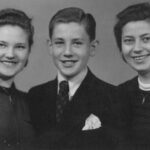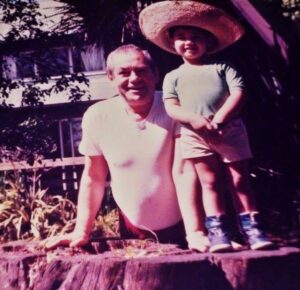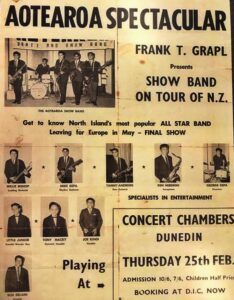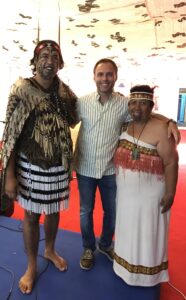František Grapl
I was born in Brno on July 10, 1924, to a family with two older sisters. After the Germans occupied Czechoslovakia, I saw the arrival of Adolf Hitler at Brno city hall on Dominikánské Square with my own eyes. I became a member of the group that planned to assassinate him. We didn´t have enough time to carry out the plot, of course. I was fighting the Germans as part of the Jan Žižka partisan brigade during the last months of World War Two. My role included sabotage, arms smuggling and delivering secret information to my fellow freedom fighters.
I felt the same disgust also for the Communists who took power in 1948, which resulted in my arrest and imprisonment in the forced labor camp in Vítkovice for more than a year. In November 1949, I escaped from the camp, which was based near a railway line. It took me three days and two nights without food and in the snow to get through Moravia to cross the border to Austria. I had worked as a driver for the aristocratic Kinsky family, whose members were very helpful after my escape. Thanks to them, I didn´t have to stay for long as a refugee in Austria; I received false documents and boarded a ship leaving for Australia.
I also became well known for establishing the number one music and cabaret restaurant and entertainment venue in Auckland
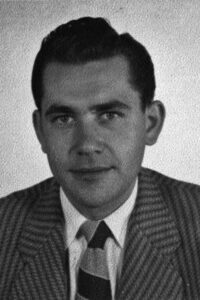
After just a few weeks in Australia, I moved to New Zealand, which became my new home. At first, I worked as a mechanic in a giant car establishment in Wellington. After five years, I opened my own car repair shop and had other people working for me. I also fell in love with traditional Maori culture. I discovered how unique the sound of Maori music was. I offered to promote the shows of a local music band called Aotearoa around New Zealand. The shows were so successful that I started a new business called New Zealand/Australian Associated Artists and became a music promoter and booker for music talent in both countries. I also became well known for establishing the number one music and cabaret restaurant and entertainment venue in Auckland. Many stars played there including the famous American music groups The Drifters and The Ink Spots. After settling in Rotorua, the center of Maori culture in the heart of North Island, I had the chance to host superstars like David Bowie and Kenny Rogers.
I met my wonderful wife Te-Tuhiwhakaura Kingi (Tuhi) of the NgatiPikiao Maori tribe of Te Arawa. She had 18 brothers and sisters, all singing and playing instruments. I simply loved the Maori music, so I took Tuhi and her tribe on a six-months-long world tour in 1981. We had the biggest audience in Yugoslavia, about 200 000 people. My son Frank was born a year later. Throughout the 1990s, we continued with world tours and met Pope John Paul II, and many international politicians and celebrities in entertainment and sports in many countries.
After the fall of the Iron Curtain in Europe, I helped to arrange the visits of Alexander Dubček
I contributed to the establishment of the New Womens Football League and the national football female team, I spent some time as a dog trainer and introduced German Shepherd dogs to the New Zealand police force. They have used them ever since. I also served as president of the Oceania Cultural Organization under the umbrella of UNSECO. After the fall of the Iron Curtain in Europe, I helped to arrange the visits of Alexander Dubček, my old friend from wartime, and President Václav Havel to New Zealand. I ran two businesses in Rotorua, a sheep skin and fur importing and exporting company, and a shoe repair shop that lasted successfully for 25 years.
I´m grateful to New Zealand for giving me the chance to start over on the opposite side of the globe but Moravia still remains locked in my heart as my true home.
František Grapl died on October 27, 2004 at the age of 80 years, shortly after he returned from the last tour of the Maori ensemble to Poland, Slovakia and the Czech Republic. His son Frank, Jr. continued his father´s mission and travels around the world with a cultural group called Whakaari Rotorua.




